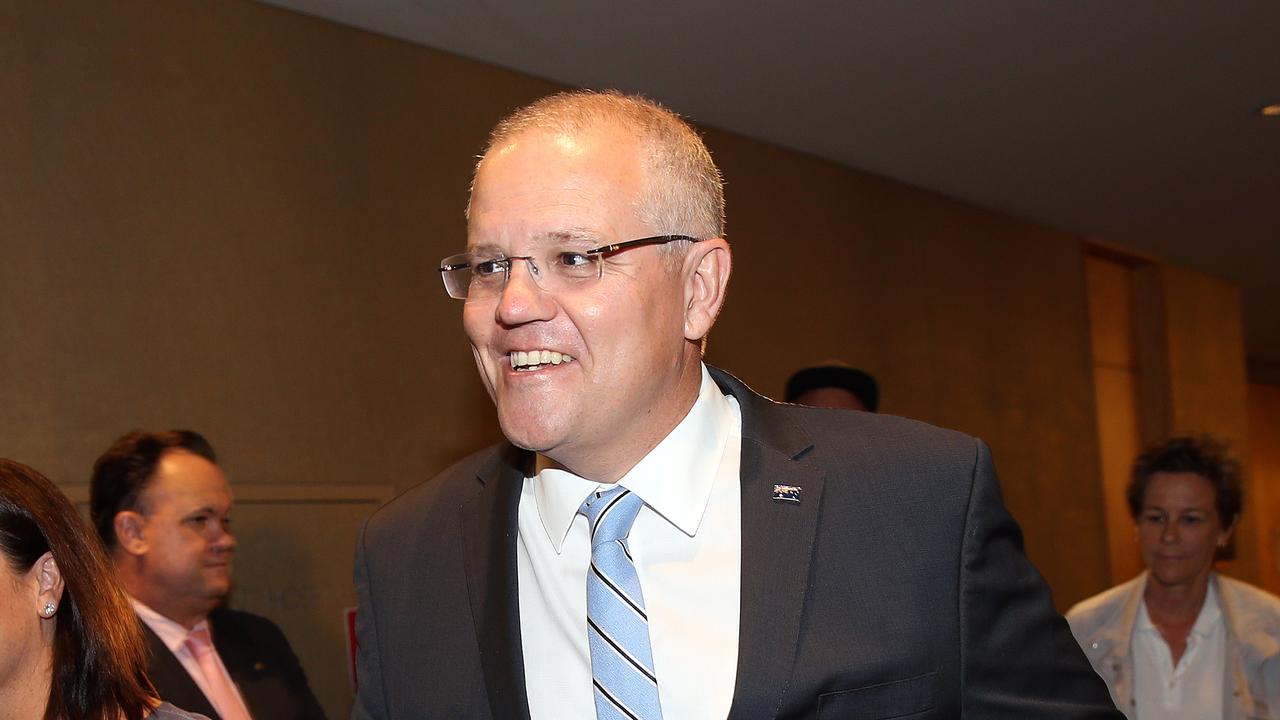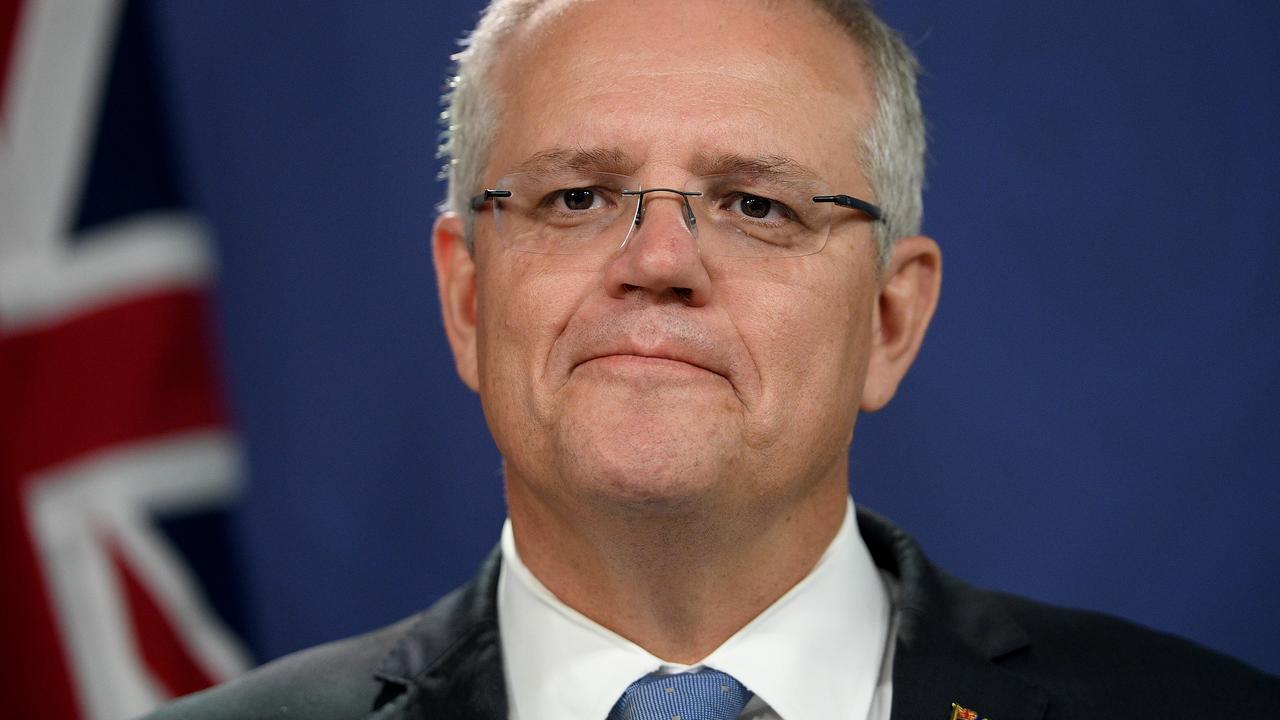Malcolm Turnbull has begun his political and policy pivot as Prime Minister, using the deal with Labor over the China free-trade agreement and dumping family tax benefits changes.
Turnbull is embarking on a new economic narrative, the successful vision he promised on the day he deposed Tony Abbott for failing to provide such a narrative.
The Prime Minister’s main aim is to provide confidence — confidence in the economy, business confidence and confidence that parliament works.
The belief that he will succeed is borne out by his own self-confidence that he can remove the perception that the parliament doesn’t work, that the government can’t achieve its aims and he can win the political arguments necessary to implement the policies.
Strategically, Turnbull is hoping to turn “concessions” to Labor into both policy and political wins — yesterday’s decision on giving Labor a bone on the China FTA appears to have paid immediate dividends.
Turnbull was able to point to a finalised deal under his leadership and style and to demonstrate the parliament “is working”. He praised Bill Shorten’s co-operation, but the union view was that the ALP had failed to deliver “meaningful protection for Australian workers”.
An upbeat Turnbull told parliament: “This is a great day for Australia. This is a great day for Australian jobs. This is a great day for confidence, enthusiasm and imagination, because today what we have seen is the parliament work.”
This was a key to defeating perceptions the government was gridlocked and could not get results by pointing to a “commonsense”, practical outcome while contrasting with the confrontational style of Abbott. Turnbull went on: “We have seen the government and the opposition able to reach agreement on this historic trade deal.”
The reality was that Labor knew it had no choice but to agree, but Trade Minister Andrew Robb and Turnbull had created the illusion they would give way to Labor to ensure a speedy resolution of the China deal.
While the Opposition Leader and Penny Wong talked about significant changes they had won, Turnbull told parliament: “As the Leader of the Opposition himself said, in many cases we are simply providing assurance that existing policies would not be changed and they would be dealt with by regulation.”
The unions agreed no real changes had been made, delivering Turnbull the double victory of a policy outcome and a political split between Labor and the unions, leaving Shorten’s leadership further weakened.
Simultaneously, by dropping billions in budget savings in welfare and family payments from last year’s unpopular budget, Turnbull was demonstrating a willingness to accept that he couldn’t get them through the Senate and cleared the distraction.
It’s a long way yet for Turnbull, but he’s begun the journey after a month of adopting the best of Abbott’s policies.




To join the conversation, please log in. Don't have an account? Register
Join the conversation, you are commenting as Logout